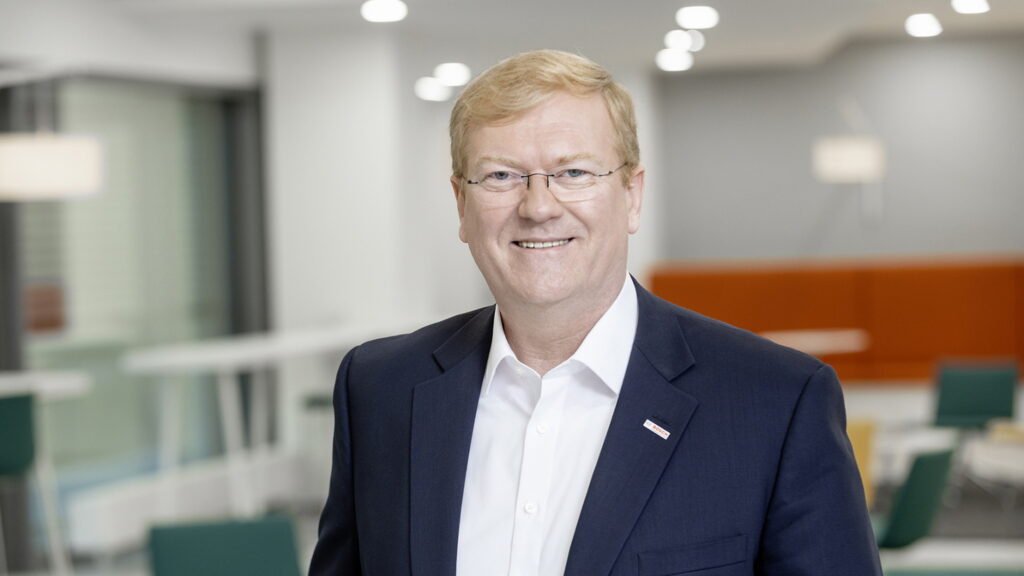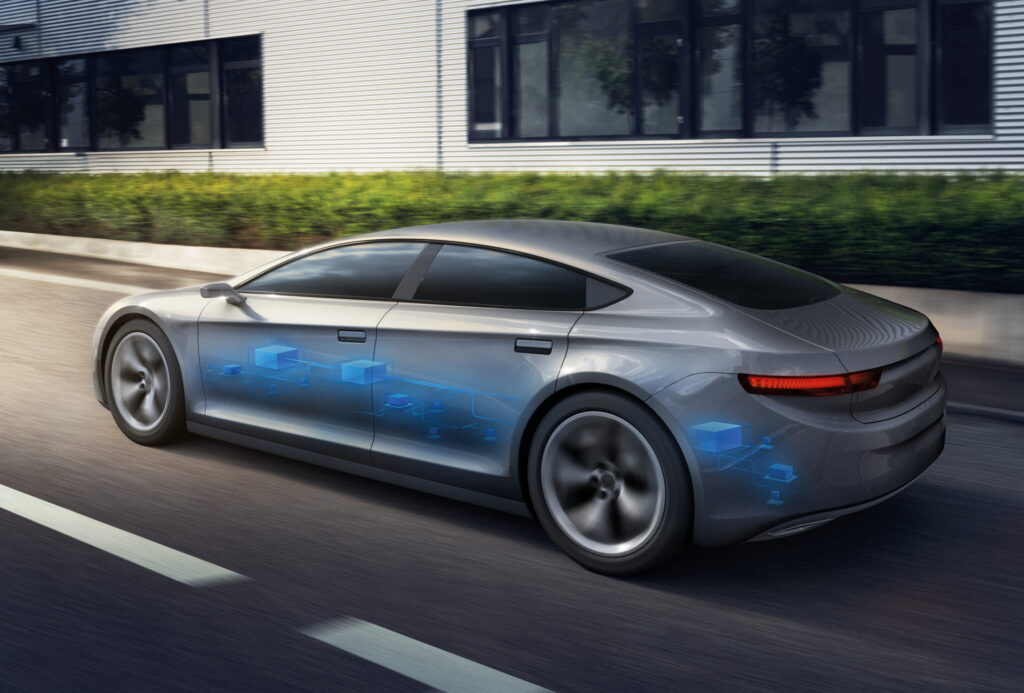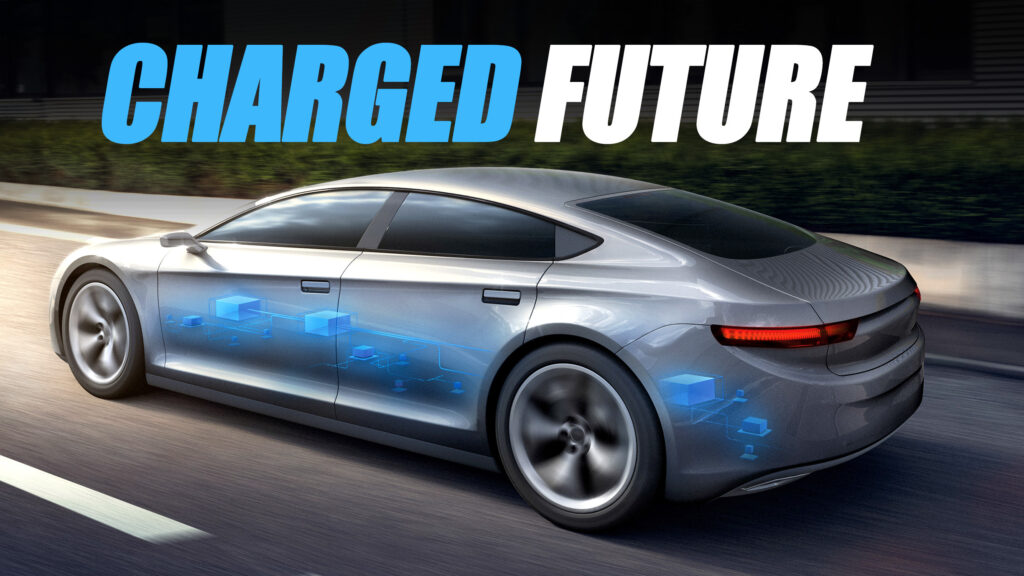- Bosch is launching 30 projects related to electric mobility this year, and believes that the market will continue to grow through the end of the decade.
- In North America and China, the supplier expects EVs to account for between 40 and 50 percent of sales by 2030.
- The company also anticipates that the hydrogen market will continue to grow, as the commercial vehicle industry works to reduce its emissions.
Bosch predicts that there is good news on the horizon for automakers selling electric vehicles. The supplier expects 40-50 percent of all new vehicles in North America and China to be electric by 2030.
That’s according to Stefan Hartung, the chairman of the board at Bosch, who spoke at the component manufacturer’s annual press conference. The company is the largest automotive supplier on earth by revenue.
Read: Kia’s Electrified Blitz: 15 New EVs By 2027, 6 New Hybrids In 2024
“Electromobility is coming; the only question is how quickly it will arrive in the various regions of the world,” Hartung said. “We estimate that 70 percent of all new cars in Europe will likely be purely electric by 2030. That figure will likely be 40 to 50 percent in China and North America.”
That aligns with expectations from mass market brands like Kia, which believes 40 percent of its North American sales to be electric by 2030. Sales in the region are also likely to be driven by American regulations, which are working to cut greenhouse gas emissions from the passenger vehicle market in half by 2030.
Although the EPA has avoided mandating EV sales, by its own estimates, between 30 and 56 percent of an automaker’s lineup will have to be electric by 2030 to conform to emissions regulations. However, the Republicans are challenging the new rules in court.
Despite the legal battle, Bosch is preparing itself for an electric future, and is launching 30 projects for electric vehicles this year alone. The component manufacturer is also working on automated driving, and says that part of its business is growing 10 percent per year.

Bosch also believes that hydrogen has a bright future. The company notes that the technology is the quickest path to cut emissions in the heavy-duty commercial vehicle industry. It anticipates that the market for hydrogen engines will be worth $1 billion per year by 2030.
“A hydrogen engine featuring our injection technology will be on the road in India as early as this year,” said Hartung. “We’re already working on five production orders from well-known truck manufacturers from all three of the world’s major economic regions.”
However, Bosch warns that it doesn’t expect the hydrogen market in Europe and North America to see big growth until next decade. Instead, plug-in hybrids and range extenders may help the heavy-duty commercial vehicle segment in those parts of the world.
In any case, Bosch will have to weather a tough 2024 to get there. The company called its outlook for the current year “subdued,” and warned that it is not expecting any “economic tailwinds” to help it along because of the continued weakness of the industrial sector.





